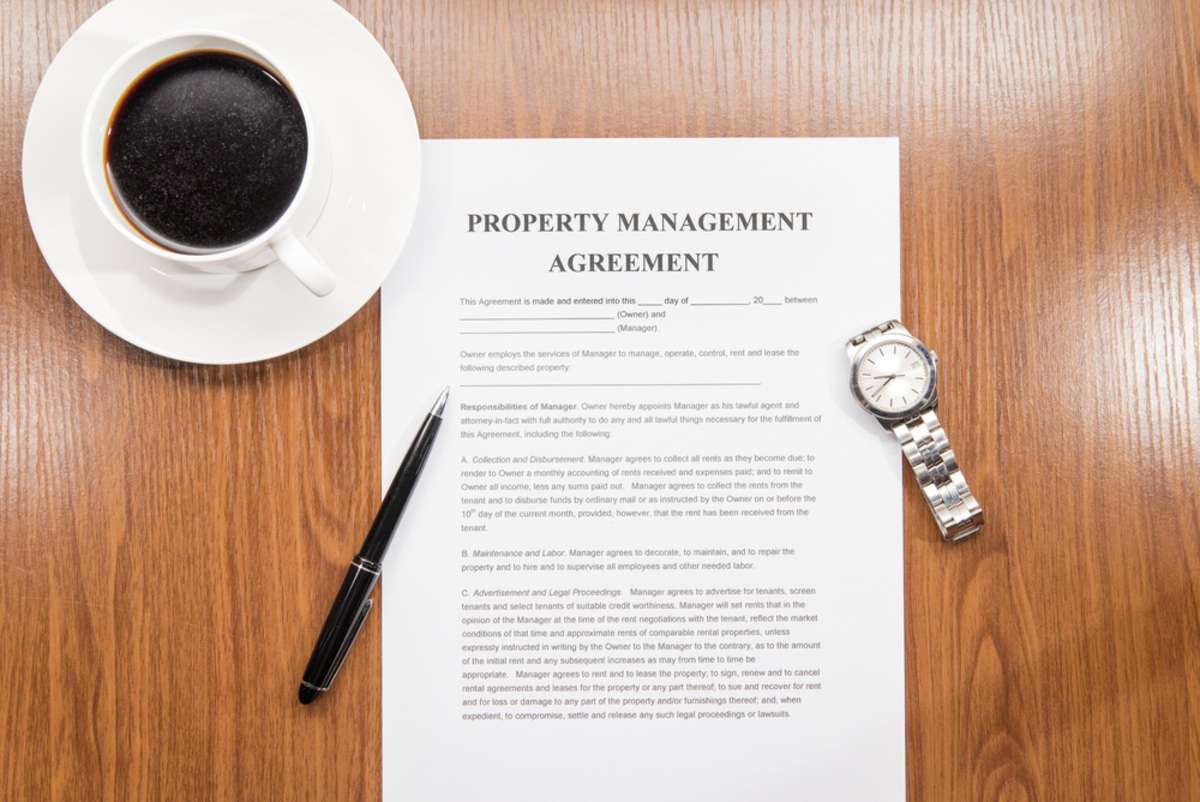When building a property management business, it's crucial to have reliable clients who trust you with taking care of their investment properties and helping them turn a profit. However, to stay in business and grow your business, you also need to turn a profit!
To this end, it is essential to have a property management agreement that outlines how you will take care of the property with a pricing structure that helps you make a profit for your client and your business. Is there room for negotiations with such a contract? Should you ever negotiate your management agreement? Let's investigate the best approach to help grow property management businesses.
Which Aspects of a Property Management Agreement Could Come Under Negotiation?
One common question from property owners and tenants alike is, "Can you negotiate rent with a property management company?" While rent prices are typically set by the property owner, there may be situations where a property manager has some flexibility, such as for long-term tenants or special circumstances.
When a potential client asks to negotiate the property management agreement (PMA) with you, what terms do they want to discuss? Do they want to negotiate the price or fee structures? Or do they want to debate property manager responsibilities and procedures?
One important thing to remember is that the negotiation of a property management contract is usually about the trust more than the terms. So, if a potential owner client begins the relationship from a stance of not trusting, do you want to pursue a contract with them?
If you have financial wriggle room, it might be okay to negotiate a few minor things within the PMA. However, if the potential client wants to negotiate the pricing or your services in the agreement because they think that they know better than you (as the expert), that does not bode well for a smooth road going forward.
As a property manager, you are a professional. Therefore, a property owner who wants to sign with you should trust you with overseeing their properties as implicitly as they trust a medical professional with their health—and it's unlikely that they negotiate rates for services when visiting their doctor!

When Would a Property Manager Negotiate the PMA?
Some property managers stand firm on their property management agreement (PMA), refusing to negotiate any part of it. Others, however, recognize that a little flexibility in certain situations can help build strong, long-term client relationships. While you should always be cautious about compromising too much, here are a few scenarios where making small concessions could be beneficial.
1. A Client with Multiple Properties Wants a Slight Fee Reduction
If a prospective or existing client asks for an 8% management fee instead of your standard 9%, it’s worth looking at the bigger picture. Do they have a large portfolio of properties? If they’re bringing you five, ten, or more properties, a small reduction in fees across all of them could still result in a profitable and worthwhile partnership. Think of it like a volume discount—you're earning slightly less per property, but the overall income from managing multiple units makes up for it.
2. A Long-Time Client Wants a Loyalty Incentive
Loyal clients are invaluable in this industry. If a property owner has trusted you with their properties for years and is willing to sign a long-term contract for multiple years, offering a small reduction in your management fee can be a good strategy to keep them in your portfolio. Not only does it strengthen your relationship, but it also provides long-term financial stability for your business.
3. A Multi-Family Property Owner Brings You Multiple Units in One Location
Managing a single-family home and a multi-family property isn’t the same. With a multi-family unit, you’re dealing with multiple tenants but under one roof, meaning some operational efficiencies can come into play. Because of this, offering a slight fee reduction (such as 1-2%) could make sense since you’re managing multiple rental payments from the same location rather than several separate properties.
4. A New Client with an Occupied Rental Wants the Setup Fee Waived
If a new client approaches you with a rental property that already has a tenant in place—meaning less work on your end for marketing and tenant placement—you might consider waiving or reducing the setup fee. Since the onboarding process is simplified, this small concession could be a way to win their business without significantly impacting your bottom line.
Know When to Say No
While some negotiation can be beneficial, it’s just as important to recognize when a request is unreasonable. If a potential client pushes for major fee reductions, asks for changes that complicate your processes, or simply seems to undervalue your expertise, it’s okay to walk away. Not every client is a good fit, and making too many compromises just to win business can end up costing you in the long run. Your time, expertise, and services are valuable—make sure your agreements reflect that.
Five Tips for Negotiating a Property Management Agreement
So, how should a property management company owner approach agreement negotiations with an owner? In a successful negotiation, neither side will come out as a winner—but both sides are satisfied with the outcome.
1. Be Prepared
As much as an athlete needs to prepare before a race, be prepared before sitting at the negotiating table. Familiarize yourself with the topic at hand, their concerns, and your current contract.
2. Outline the Process
To ensure that all players know what to expect from the negotiations, outline a procedure beforehand. Have clarity on:
- How long will proceedings take?
- Who are the stakeholders?
- Who will sign off on the deal?
With a plan to walk through the contract and talk through potential changes, everyone can feel heard.
3. Enter Negotiations with the Right Mindset
Instead of going in with the mindset of sealing a deal with the most favorable outcome for you, approach the negotiations to glean as much information as possible. A property manager should ask questions that will give you answers to the following:
- What is the end goal for the other party?
- Which points can they not budge on? What are their constraints?
- Do they have other options to pursue if a deal isn't settled?
Understanding the client's situation can help you negotiate an agreement that serves everyone well.
4. Make Concessions that Won't Hurt Your Bottom Line
Before you even set out to negotiate, know what concessions you can make. A negotiation is only successful if both parties are content with the outcome. For this to happen, both sides will have to give a little.
5. Get it in Writing
Before you worry about getting the PMA signed, get the negotiation details down in black and white. If you or your client leave the table without a clear understanding of the new terms (or everything stays as-is), there can be ongoing confusion and a lack of trust.
Consistency is Key
There is nothing wrong with negotiating minor details to win new clients and keep existing clients loyal and happy. However, it's crucial to remain consistent with your services and pricing across all clients. Inconsistent service will raise questions about your loyalties and could lead to high client turnover. A property management coach can guide you in implementing suitable standardized procedures and systems across all facets of your company.
In addition, the insight property management coaches offer can help you put processes, personnel, and technology in place, making it easier to offer some flexibility in your agreements without significant impacts on your bottom line!
To Grow Property Management Businesses, Don't Negotiate your Profit Away!
Successful property managers must realize the value of their company and services when working with clients to adjust the PMA. Working with a property management coach is one of the best ways to understand your business and how much you can (or should) give when clients ask to negotiate aspects of their contracts. To learn more about how to grow property management companies successfully, reach out to Real-Time Consulting Services!
Download our free Profit Calculator to pinpoint areas where you might be able to make improvements in your business and increase your profit margin!




%20(S).jpg)

%20(S).jpg)
%20(S).jpg)